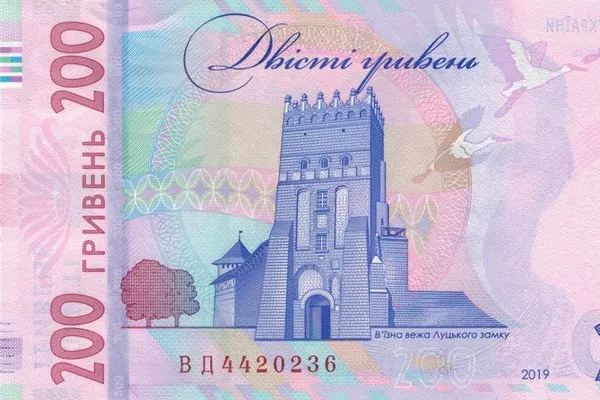The Pound Sterling (GBP) faces headwinds in Wednesday’s European session as market sentiment remains volatile ahead of the crucial United States core Personal Consumption Expenditure price index (PCE) data for January. The GBP/USD pair is on the defensive, despite expectations that the Bank of England (BoE) will delay interest rate reductions compared to the Federal Reserve (Fed). The prospect of higher interest rates provides support to the Pound Sterling, attracting increased foreign capital inflows.
Investors are anticipating the BoE to adjust its monetary policy stance later than other central banks, buoyed by stubborn price pressures in the United Kingdom’s economy, primarily driven by robust wage growth. The BoE policymakers have emphasized that the pace at which Average Earnings are slowing down is only half of what is needed to achieve price stability.
Looking ahead, the performance of the Pound Sterling will be influenced by market expectations regarding potential rate cuts by the BoE. There is optimism among stock investors that the BoE might initiate interest rate reductions starting in August. This anticipated move is expected to provide support to the broader stock market. Investors are eyeing this timeframe as a critical juncture when inflation may resurface, following its projected decline to 2%, as outlined in the latest BoE monetary policy statement.
As the market awaits the outcome of the US core PCE data, the Pound Sterling is likely to experience fluctuations. Traders are advised to stay attuned to central bank communications and economic indicators to gauge the future trajectory of the GBP/USD pair.


